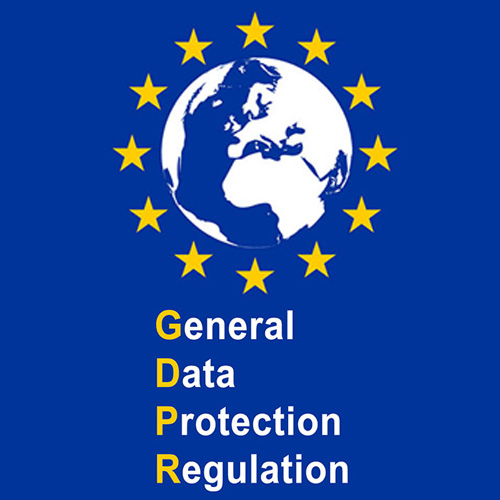|
Research projects proposing the use of information obtained from student records (e.g.,
KSU email addresses, GPAs, test scores, grades, credit hours) should follow KSU policies
and FERPA regulations, which govern the disclosure of student record information.
The Family Educational Rights and Privacy Act of 1974 (FERPA), is a federal law that sets forth requirements regarding the privacy of student educational records. Student records are considered confidential and information therein should not be
disclosed without written student consent unless the disclosure meets one of the FERPA
exceptions.
Research projects proposing the use of information obtained from student records (e.g., KSU email addresses, GPAs, test scores, grades, credit hours) should follow KSU policies and FERPA regulations, which govern the disclosure of student record information. Please see here for more information.
Personal identifiable information such as Social Security numbers/KSU student ID numbers and
KSU student email addresses are protected and cannot be accessed for research purposes.
The following examples of student record information that might be used in research projects cannot be disclosed to the research team without prior consent of the students:
- Grades, Credits hours (attempted or earned)
- Grade Point Averages
- Email Addresses
- Enrollment status (part/full time)
- Residency Status
- Tuition and Fee Payment Records
- Financial Aid Records
- Marital status
- Race
- Gender
- Citizenship
- Parent’s Name and Address
- Current Class Schedule
- Disciplinary Actions
- Academic Actions
Appropriate consent from KSU student research subjects needs to be obtained via the FERPA Consent to Disclosure. Consent must be obtained with a signature, which can be on paper or via an authenticated
process such as DocuSign. Once the student research subjects grant the PI access via
the FERPA Consent to Disclosure, the PI can submit the list of consented students
to Institutional Research with their request for data release. A fully electronic
process is currently under development. Please note that this form does not replace
the regular informed consent for your study.
View our current policies regarding KSU student records, which are maintained by the Office of the Registrar.
|



















